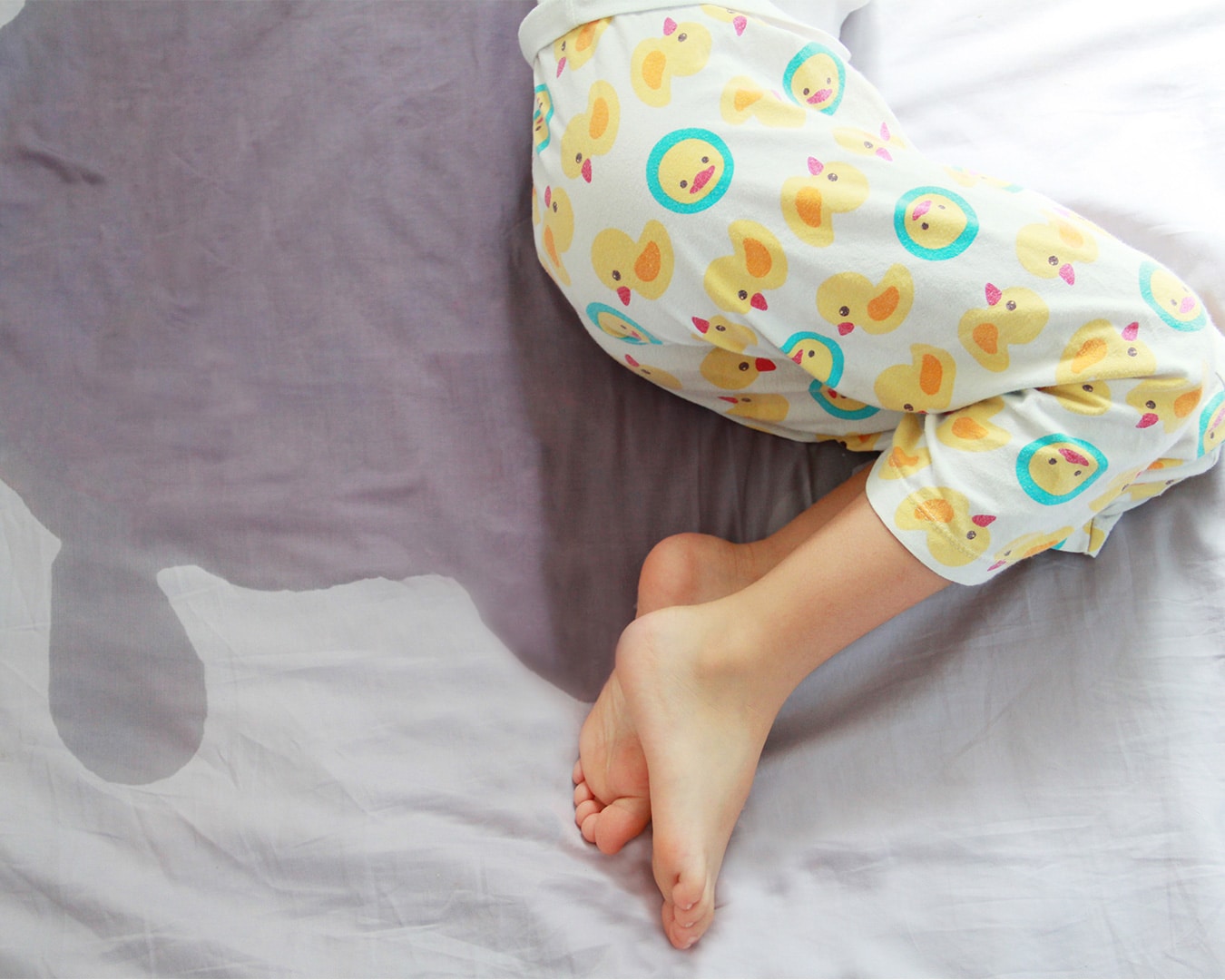Children wet the bed. It’s only natural for that to happen. By age 5, there’s more than a ten percent chance that your child still wets the bed. But, there’s no cause for worry.
First, we need to understand why this happens. Bedwetting occurs because of various reasons. Your child needs time to develop a natural control of their bladder. Often, they are just not able to control their bladder the entire night, or their bodies are yet to understand the sensation of a full bladder.
Children often tend to delay urination. They tend to ignore the urge to urinate and play or sit while controlling themselves. Face expressions like straining or even squirming are key indicators that they have a full bladder.
There are a few biological factors by which some children do wet the bed. These are secondary factors and do not occur regularly. Issues like urinary tract infections, diabetes, stress or even a neurological imbalance play a part here. If your child is normally dry at night but develops quite regular bedwetting all of a sudden, it might be prudent to check with your paediatrician.
Do not blame the child or punish your children for wetting their beds. This leads them to be confused and frustrated with the outcome. There are methods by which a child can be taught how to control their bladder. We also have medications available for any biological or neurological factors involved.
But even simple steps at home can help. For instance, monitor your child’s fluid intake in the evenings and nights before bed. Encourage them to urinate at regular intervals and definitely before they go to bed. Eventually, the body will adjust to those timings. Avoid giving them beverages that contain caffeine or any diuretic.
Bedwetting is never a cause for serious concern and it, more often than not, can be handled by an expert pediatrician.

